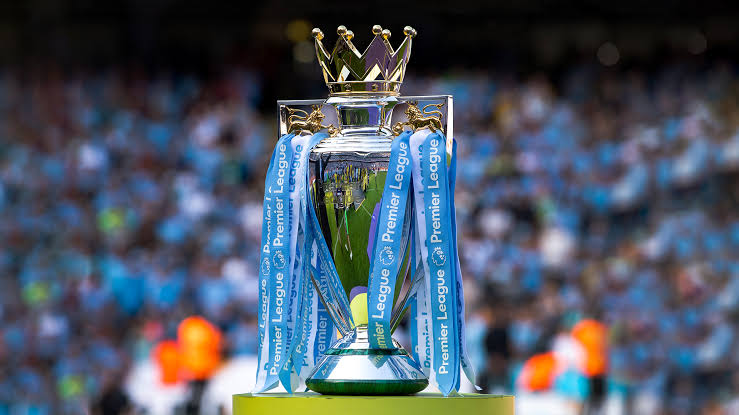In-Depth Look at the New Premier League Rules for the 2024/25 Season
The English Premier League is back, and with the new 2024/25 season starting on August 16, 2024, there are some significant rule changes that fans, players, and coaches alike need to be aware of. These updates are designed to improve the pace of the game, ensure fair play, and enhance the overall experience for everyone involved. Let’s dive into the details of these new rules and how they might impact the upcoming season.
1. Substitutes Warming Up: Expanded Flexibility
In the previous season, only three substitute players from each team were allowed to warm up simultaneously on the sidelines during a match. However, with teams now able to make up to five substitutions in a single game, the Premier League has adjusted the warm-up rules accordingly.
New Rule:
Starting this season, up to five substitute players from each team can warm up at the same time on the perimeter of the pitch. This change provides coaches with more flexibility in preparing their players to enter the game, ensuring that they can maintain the team’s energy and tactical setup more effectively.
Impact on Games:
This update could lead to more dynamic and strategic use of substitutions, as coaches can have more players ready to enter the game at any given moment. It also reflects the growing importance of squad depth in modern football, where managing player fatigue and injuries is crucial over a long season.
2. The Multiball System: Speeding Up the Game
The introduction of the multiball system is one of the most significant changes for the 2024/25 season. This system is designed to reduce downtime and keep the game flowing by ensuring that the ball is always quickly available when play needs to restart.
New Rule:
The Premier League will implement the multiball system, with 15 balls in circulation during a match. When the match ball goes out of play and is not immediately retrievable, players must go to the nearest cone (where spare balls are placed) to collect a replacement ball. Ball assistants, positioned around the pitch, will manage these replacement balls.
Special Considerations:
Ball assistants are generally not allowed to return a ball directly to a player. Instead, they should place it on the nearest vacant cone. However, there’s an exception for goalkeepers—if the ball goes out behind the goal, the ball assistant stationed there can hand the ball directly to the goalkeeper to speed up the restart.
Impact on Games:
This rule aims to minimize delays caused by retrieving the ball, which can sometimes break the momentum of the game. By having multiple balls readily available, the flow of the match is expected to improve, leading to a more engaging and faster-paced experience for both players and fans.
3. More Accurate Calculation of Added Time
Accurate calculation of stoppage time has been a point of contention in football for years. The Premier League’s new rule seeks to make this aspect of the game more transparent and fair.
New Rule:
From this season onward, match officials will only start adding time to the end of the match if the delay between a goal being scored and the subsequent kick-off exceeds 30 seconds. This adjustment allows a natural period for players to celebrate or regroup, while still ensuring that time-wasting is minimized.
Statistical Insight:
Given that the average number of goals per match last season was 3.28, this change could significantly reduce the amount of stoppage time typically added to games. Fans might see shorter added times unless there are prolonged delays during a match.
Impact on Games:
This rule is likely to lead to a reduction in total stoppage time, making the end of matches more predictable. Teams will need to be more efficient with their time management, especially in close games where every second counts.
4. Strict Penalties for Time-Wasting by Technical Staff
In a bid to further clamp down on time-wasting, the Premier League has introduced stricter penalties for actions that intentionally delay the game.
New Rule:
If a club’s technical area staff (such as coaches or medical personnel) deliberately delay the restart of play—for instance, by holding onto the ball or kicking it away—they will be sent off by the referee. Additionally, players in the technical area who engage in similar behavior will receive a yellow card.
Impact on Games:
This rule reinforces the Premier League’s commitment to fair play and maintaining the pace of the game. Technical staff and players alike will need to be more mindful of their actions to avoid unnecessary penalties that could hurt their team’s chances.
Stay tuned for more updates and insights as the Premier League action gets underway!







